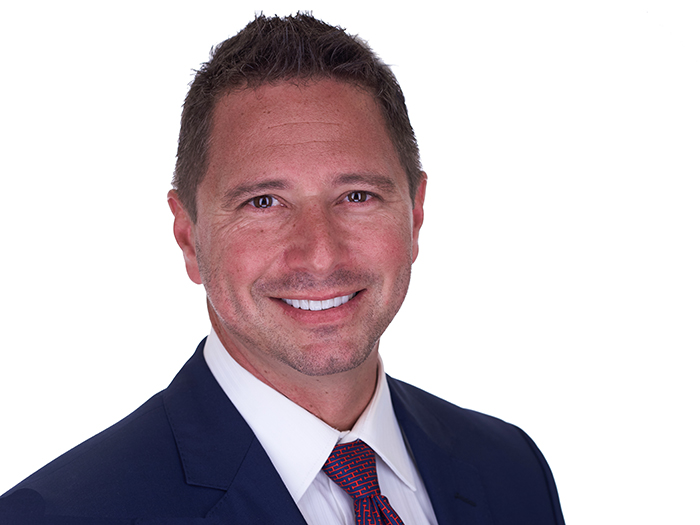Column: Workers' Comp
New Mindset on Mental Health
Societal changes are tilting public opinion in favor of enacting laws that provide first responders with workers’ compensation benefits for post-traumatic stress disorder.
In June alone, at least two states — Colorado and Texas — enacted laws easing the way for police, firefighters and paramedics diagnosed with PTSD to receive benefits. During the same month, lawmakers in Vermont and Maine sent legislation to their governors that would presume PTSD suffered by first responders is work-related.
As expected, unions representing first responders support these laws. Local governments, along with some insurer groups, have opposed, for fear of paying for a flood of new claims. Debate over adopting the laws includes conventional workers’ comp considerations like whether the claims are legitimately work-related.
But there is another, not-so traditional force at work.
Nearly six years ago when a former fire captain named Jeff Dill launched an organization called Firefighter Behavioral Health Alliance, few people talked about suicide prevention, addiction, and PTSD among first responders.
There is a cultural shift underway. The stigma around acknowledging mental ailments is falling away, lending legitimacy to treatment.
That is shifting.
Today, you hear more people openly talking about mental health challenges. There is a cultural shift underway. The stigma around acknowledging mental ailments is falling away, lending legitimacy to treatment.
More first responders are similarly voicing stories about the trauma they experienced following horrific events, Dill said.
Couple that trend with the rise in high-profile mass shootings and you get greater sympathy-generating awareness of the mentally unsettling, war-like situations that police officers, firefighters and paramedics confront.
That adds significant emotional depth to arguments that the nation must take care of its first responders so they can take care of us. The idea of covering mental health conditions, however, still collides with workers’ comp systems that reflexively oppose assuming responsibility for mental injuries that are not as readily apparent as, say, a mangled hand.
Paul H. Sighinolfi took heat, as he put it, from his state’s municipalities for supporting adoption of legislation stating that first responders diagnosed with PTSD presumably acquired the condition as a result of their work
Sighinolfi is executive director and chairman of Maine’s Workers’ Compensation Board.
“They are exposed to things that the human psyche just isn’t capable of dealing with,” Sighinolfi said of the types of traumatic events that first responders have described to him.
Sighinolfi supported the law’s adoption on the condition that it would mandate that a licensed psychologist or psychiatrist renders the PTSD diagnosis, and that work was the predominant cause.
He figured that would eliminate frivolous claims.
Workers’ compensation historically hasn’t adequately addressed mental health injuries caused by workplace injuries, said Mark Walls, VP of Communications & Strategic Analysis at Safety National.
With more people speaking out about mental trauma, that may be changing. &










